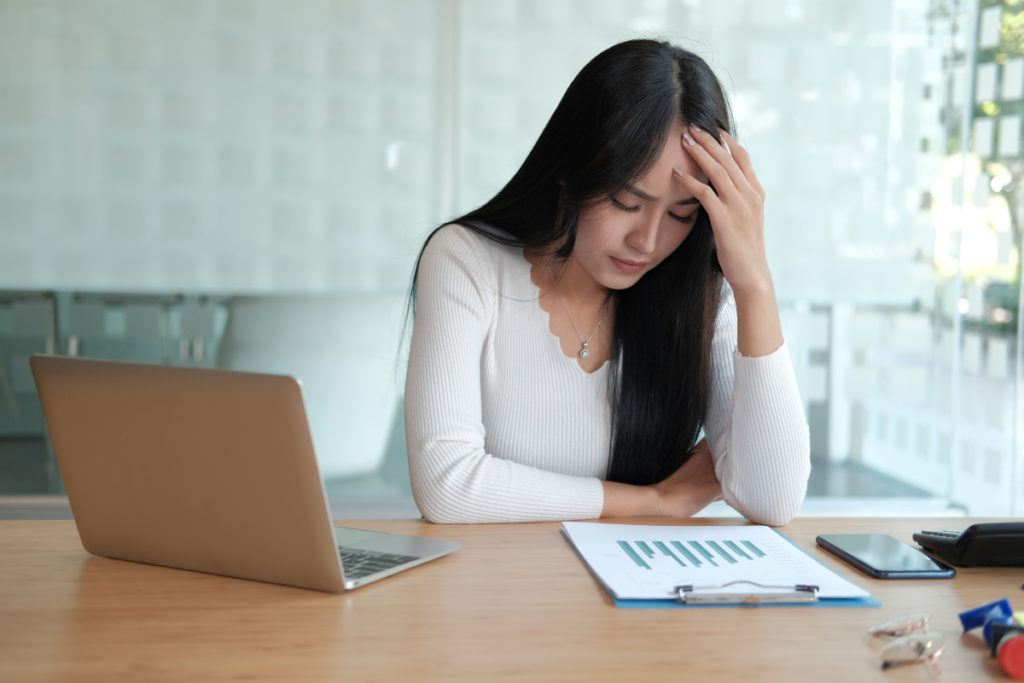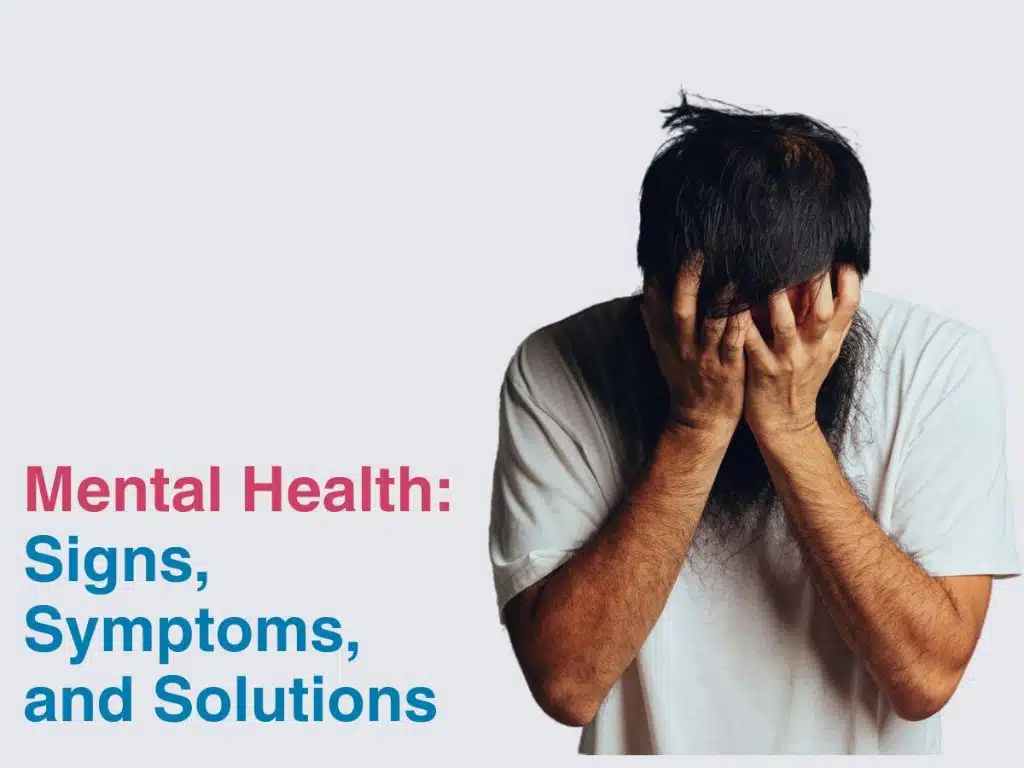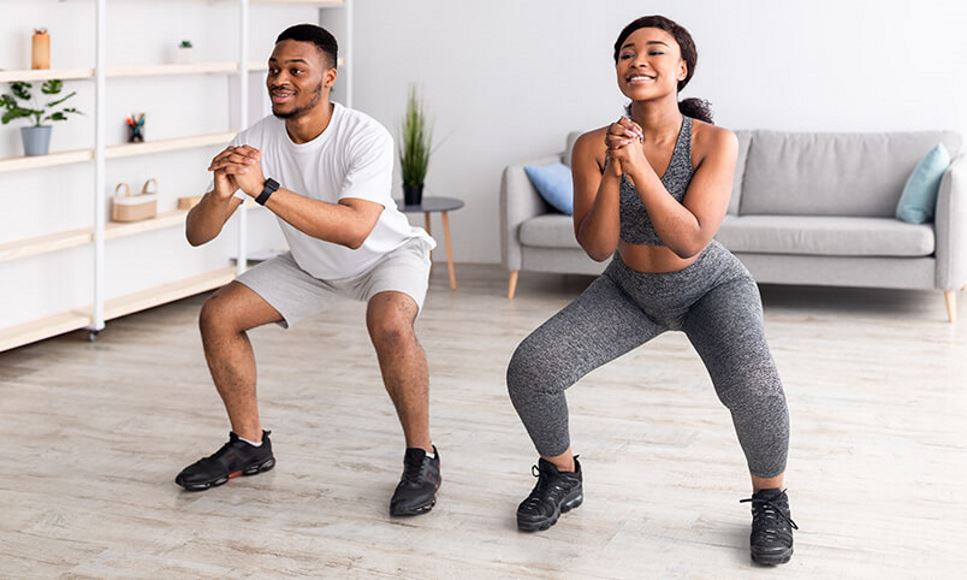
Depression and anxiety can be challenging, but there are various strategies that can help you manage these conditions. It’s important to remember that everyone is different, and what works for one person may not work for another. Below are some common methods to help alleviate depression and anxiety:
1. Professional Support
- Therapy (Counseling or Psychotherapy): A therapist can help you understand the underlying causes of your depression and anxiety, as well as provide coping mechanisms. Cognitive Behavioral Therapy (CBT) is particularly effective for both conditions.
- Medication: Antidepressants or anti-anxiety medications can help balance brain chemistry. Consult a doctor or psychiatrist to see if medication is right for you.
- Support Groups: Talking with others who are going through similar experiences can offer relief and a sense of community.
2. Exercise
- Regular physical activity, such as walking, running, yoga, or strength training, releases endorphins, which are natural mood boosters. Exercise also reduces stress, improves sleep, and promotes overall well-being.
3. Mindfulness and Meditation
- Mindfulness Meditation: Practicing mindfulness helps you focus on the present moment and can reduce symptoms of anxiety and depression.
- Breathing Exercises: Slow, deep breathing can activate the parasympathetic nervous system, helping reduce stress and anxiety.
- Progressive Muscle Relaxation (PMR): Tension release techniques like PMR help relax the body and calm the mind.
4. Lifestyle Changes
- Get Enough Sleep: Lack of sleep can exacerbate anxiety and depression. Aim for 7-9 hours of quality sleep per night.
- Eat a Balanced Diet: A healthy diet can have a positive effect on your mood. Foods rich in omega-3s, vitamins, and minerals may improve mental health.
- Limit Caffeine and Alcohol: Both substances can worsen anxiety and interfere with sleep. Try reducing your intake or eliminating them for a while to see if it helps.
- Reduce Stress: Identify stressors in your life and find ways to manage them. This might involve time management, setting boundaries, or reducing commitments.
5. Social Support
- Talk to Loved Ones: Sharing your feelings with friends or family members can reduce feelings of isolation and provide emotional support.
- Engage in Social Activities: Isolation can make depression and anxiety worse. Even small social interactions can lift your mood.
6. Hobbies and Activities
- Engage in Creative Outlets: Hobbies like painting, writing, gardening, or playing an instrument can provide relaxation and a sense of accomplishment.
- Volunteer: Helping others can boost your sense of purpose and self-worth.
7. Journaling
- Writing about your thoughts and feelings can help you process them. Journaling can be especially useful for recognizing patterns or triggers in your mood.
8. Mindset and Cognitive Strategies
- Challenge Negative Thoughts: Try to identify negative or distorted thoughts and replace them with more balanced, positive ones. Cognitive Behavioral Therapy (CBT) is a good way to develop this skill.
- Practice Gratitude: Writing down things you’re grateful for can shift your focus away from negative feelings and help you appreciate the good in your life.
9. Relaxation and Self-care
- Massage or Spa Treatments: Physical relaxation through massage, hot baths, or other calming treatments can help alleviate muscle tension and improve mental clarity.
- Spend Time in Nature: Being outdoors, especially in green spaces, can have a calming effect on the mind and reduce stress.
10. Limit Technology Use
- Reduce Screen Time: Overuse of social media and digital devices can increase anxiety and contribute to feelings of inadequacy. Try to limit screen time, especially before bed.
11. Set Small, Achievable Goals
- Break large tasks into smaller, more manageable steps. Completing small tasks can improve your confidence and reduce feelings of overwhelm.
12. Self-Compassion
- Be kind to yourself. Understand that it’s okay to have difficult emotions and that you don’t have to be perfect. Practice self-compassion and avoid harsh self-criticism.
13. Alternative Therapies
- Acupuncture: Some people find acupuncture to be helpful for reducing anxiety and stress.
- Aromatherapy: Certain essential oils, such as lavender and chamomile, may help promote relaxation and reduce anxiety.
- Herbal Supplements: Consult a healthcare professional before using herbs like St. John’s Wort, valerian root, or passionflower, which have been used to treat mild anxiety and depression.
If your depression or anxiety persists or worsens, it’s crucial to seek professional help. Treatment options like therapy and medication are highly effective for many people. Never hesitate to reach out to a doctor, therapist, or counselor for guidance.



 DailyMediCure
DailyMediCure 









